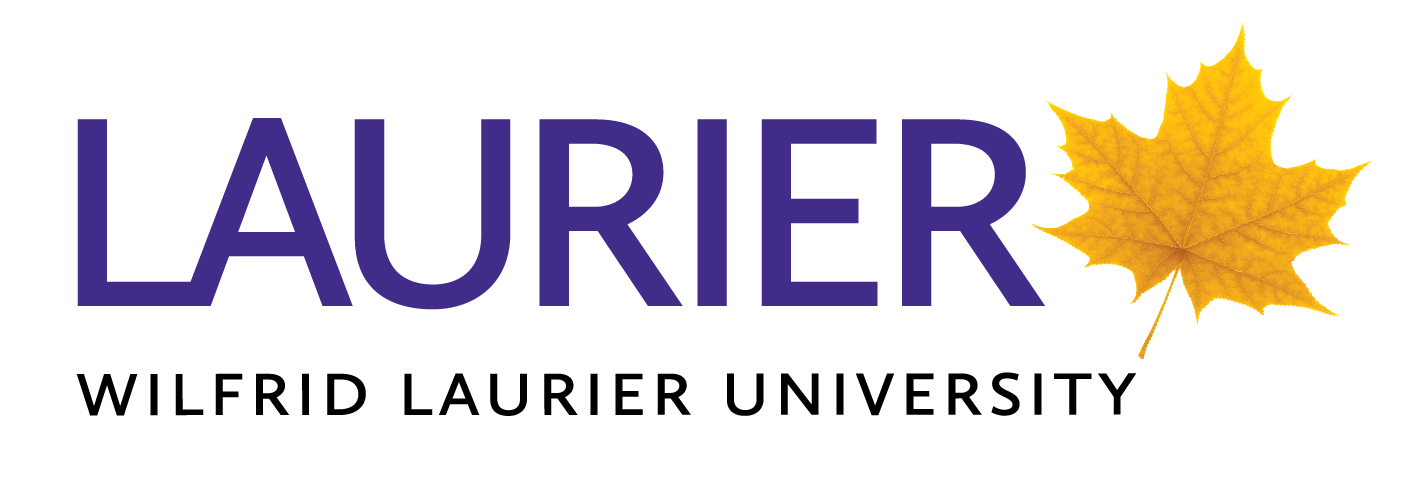Develop the knowledge, skills and compassion to support others through profound loss.
Death and grief are universal human experiences—yet they are often met with silence, discomfort and misunderstanding. How individuals experience death, dying and bereavement is shaped by many factors, including culture, stage of life, spirituality, past trauma and the nature of the loss itself. In many settings, death remains a taboo topic, leaving individuals and families without the language or support to process their grief.
This certificate is designed for professionals who support individuals and families through the end-of-life journey and beyond. Drawing on current research and grounded in compassionate practice, the program offers a deeper understanding of the psychological, social, cultural and spiritual dimensions of death and bereavement. Participants will explore a range of topics including traumatic loss, anticipatory grief, MAiD, and the diverse ways in which people mourn.
Through a selection of Professional Development courses, participants will:
- Explore frameworks and tools for companioning the dying and the bereaved.
- Learn strategies for supporting grief in children, parents and people living with intellectual disabilities.
- Reflect on their own experiences, values and beliefs around death.
- Build confidence in having conversations around loss, suffering and meaning.
- Understand the importance of ritual, storytelling and presence in grief work.
Whether working in healthcare, mental health, social work, education, pastoral care or community support, this certificate equips professionals with the insight and tools needed to walk alongside others with empathy, dignity and respect in times of deep vulnerability.
Completion Requirements
To complete the Death, Dying and Bereavement certificate, you must take a minimum of 84 course hours. You may complete the courses in any order, but it is strongly recommended that you take the Foundations of Grief workshop first if you do not have previous training or experience in this field. You can complete this certificate in as little as one year or take up to seven years.
Participation and Attendance
Full attendance and participation are required to complete these courses. For the 'remote' courses, participants are requested, as much as possible, to have their cameras on. We know there are situations where this is not possible, so please send a message to your instructor or the Professional Development host to let them know that you are unable to turn on your camera. Our courses are interactive and include breakout rooms, role play, group discussions and other activities. Participation is required.
For the 'online' (asynchronous) courses, participants must read the course material and participate in any mandatory discussion board questions, learning activities, or short quizzes.
Four + Discount
Register for four or more courses at once to apply a 10% discount in your cart on the cost of each course. You must register and pay for all courses at the same time; discount is not cumulative or retroactive. If discount is not being applied at time of registration, contact fswprofessionaldevelopment@wlu.ca for assistance. Discount cannot be applied after registration is complete.
Delivery Options
The Death, Dying and Bereavement certificate courses are available remotely through Zoom and asynchronously online.
Registration
No application is required. To register, select a course from the menu of the right, then a course section to view the dates and cost or add the course to your cart. Complete your registration with payment.
Becoming a Therapist
Completing the Death, Dying and Bereavement certificate will not qualify you to register with any college or association, including the Ontario College of Social Workers and Social Service Workers or the College of Registered Psychotherapists of Ontario. Please visit those websites for information on becoming a therapist in Ontario, or your provincial regulatory college.
Contact Information
For more information about this certificate contact the Faculty of Social Work Professional Development office:
Email: fswprofessionaldevelopment@wlu.ca
Phone: 548-889-5128
See our website and Frequently Asked Questions for more information.

